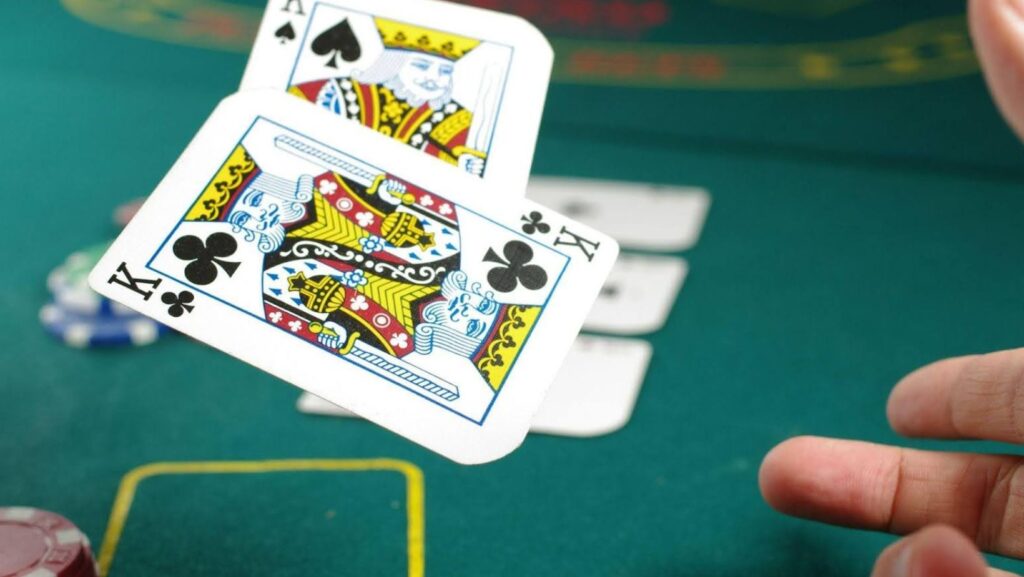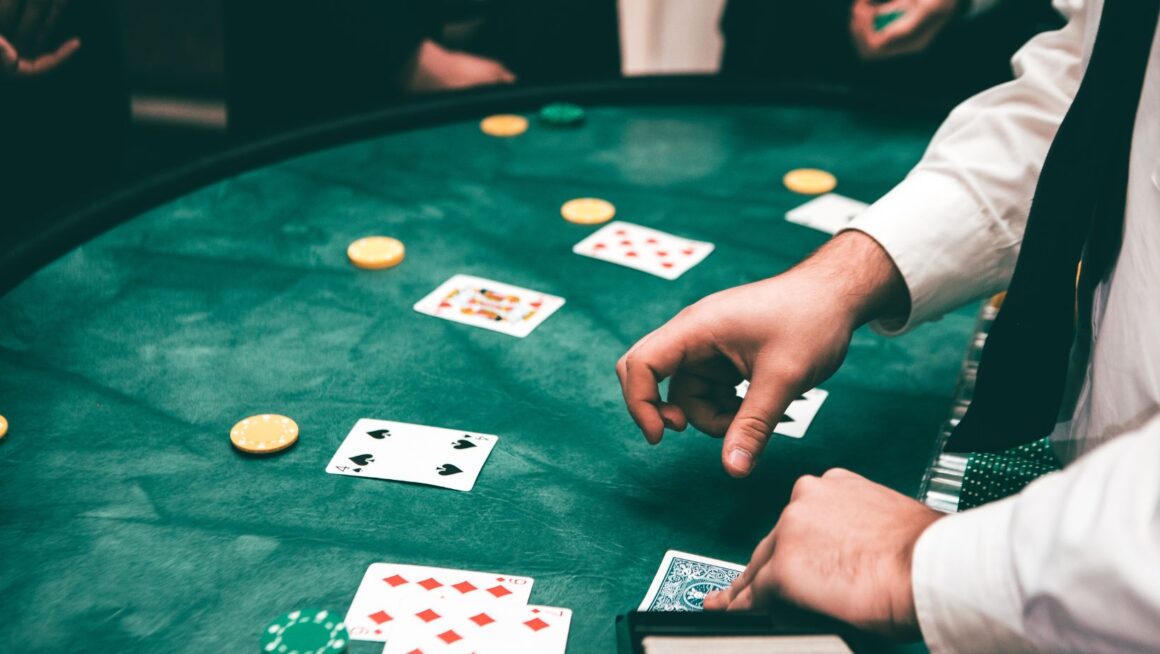
Humans are drawn to risk like moths to a flame. We love to flirt with anticipation and dance with danger, whether it’s spinning a roulette wheel or watching a stock ticker. In both cases, the rush of not knowing what’s going to happen next triggers the same part of the brain. We crave uncertainty almost as much as we fear it. That tension between control and chaos explains why you can learn a lot about investing from casino games. They reveal how emotion, perception, and probability shape every financial decision we make.
Why We’re Drawn to Risk
Anticipation is at the heart of every gamble. Psychologists refer to this as the reward loop. When you place a bet, your brain releases dopamine. It’s the hope of winning, rather than the win itself, that is addictive.
The same happens when you make a trade. Our brain chemistry encourages us to take chances, even when logic suggests otherwise. Left unchecked, this can lead to poor investment decisions. It’s that thrill of possibility that makes you hold a stock longer than you should, or chase a trend that feels right but lacks evidence.
Humans are also hard-wired to fear loss more than they enjoy gains. It’s often said that losing $100 feels almost twice as painful as winning the same amount feels rewarding. It’s why people tend to double down after losses. They’re chasing relief.
Next, there’s the illusion of control. People have all sorts of rituals: blowing on dice, keeping lucky charms, eating the same lunch every day. However, randomness always wins when you’re playing slots, and unless you’re manipulating the markets, you can’t influence the price of a stock.
This is partly why low-stakes environments, like those created by Casino Parties LLC, are so popular. You can enjoy the wild ride of uncertainty without real financial consequences. These events also serve as an important reminder that risk, when managed correctly, can be entertaining rather than destructive.
Parallels Between Gambling and Investing
Spend an evening at a blackjack table and you’ll see typical cognitive biases in action. Players spot patterns that don’t exist. People overestimate their odds and mistake luck for skill. The financial markets are similar. Uninformed and inexperienced investors chase hot stocks the same way gamblers chase winning streaks. This psychological phenomenon is known as the hot-hand fallacy, where you believe your success will continue just because it has in the past.
There’s also confirmation bias at play, possibly mixed with fear and greed. When prices rise, investors buy too late. When they fall, they panic-sell. It’s the emotional rollercoaster that helps make markets as volatile as they are. Even professionals aren’t immune; overconfidence can lead to bigger risk-taking. The smartest players, in casinos or markets, are those who know when to walk away.
The Role of Probability in Decision-Making
Unless you’ve studied it, it’s easy to misunderstand probability. Many people do, especially if they’re new to investing, trading, or casino games. It’s not the same as luck, and it can take some serious getting your head around.
It’s human nature to look for patterns and give meaning to things that are, objectively, random. After a few red spins on a roulette wheel, do you assume black is “due”? Of course, it’s not: the probability of it being black is still exactly the same as it being red again. In finance, investors often make the same error. They expect a market correction simply because prices have risen for weeks. It’s a treacherous trap to fall into.
On the other hand, professional poker players, casino owners, investors, and traders think differently. They don’t expect certainty. They do things like calculate expected value, which is the average outcome over time if they repeated the same decision indefinitely.
For example, a slot machine will have a specific RTP, which stands for return to player. A 95% RTP means that over the machine’s lifetime, it should theoretically pay out 95% of the money that’s put into it. Let’s say it received $1,000,000 in total over the course of its years in action. Players would have collectively won $950,000, while the machine retains $50,000, or 5%.
This shows how trades or investment decisions don’t necessarily hold much weight individually. Instead, it’s the power of multiple actions over time. One loss doesn’t define success. Consistency does. That’s why the first step toward treating risk rationally is learning to think in odds rather than absolutes. To be a good investor, you’ve got to learn to roll with the punches and not let one negative result disrupt your routine. Trust the data and rely on statistics, not emotions.
Turning Risk Into Rational Strategy
The difference between being a gambler and a strategist isn’t the amount of risk, but rather how you manage it. You need to understand the odds, manage your bankroll, diversify your portfolio, and never bet or invest more than you can afford. Discipline and consistency are critical, as is removing emotion from the equation. If you treat investing like a game of chance, you’ll eventually lose, but with a solid plan and proper execution, risk becomes a tool, not a threat.

In fact, having a plan applies to both activities. Successful investors don’t just wing it. You should be making well-informed, calculated decisions ahead of time. You should never, under any circumstances, be making panicked, rash decisions in the heat of the moment.
If you want to win in the world of investments, you can’t let yourself get caught up in the hype. Instead, you should be calm, collected, and cool as a cucumber. Your predetermined rules stipulate how much you’ll invest if the conditions are right, when to exit, and how much risk you can live with. When you stick to those limits (no matter what the market does), over time you’ll find your strategy pays off.
Endnote
Casino games and investing have a lot in common, and not just flashing lights and high stakes. Both test your patience, discipline, and emotional control. Chance always plays a role; there’s no such thing as a 100% safe bet. However, when you understand risk, you make better choices. Whether you’re managing a hand of cards or a stock portfolio, the right skills, preparation, and mindset can help you achieve more favorable outcomes overall.







